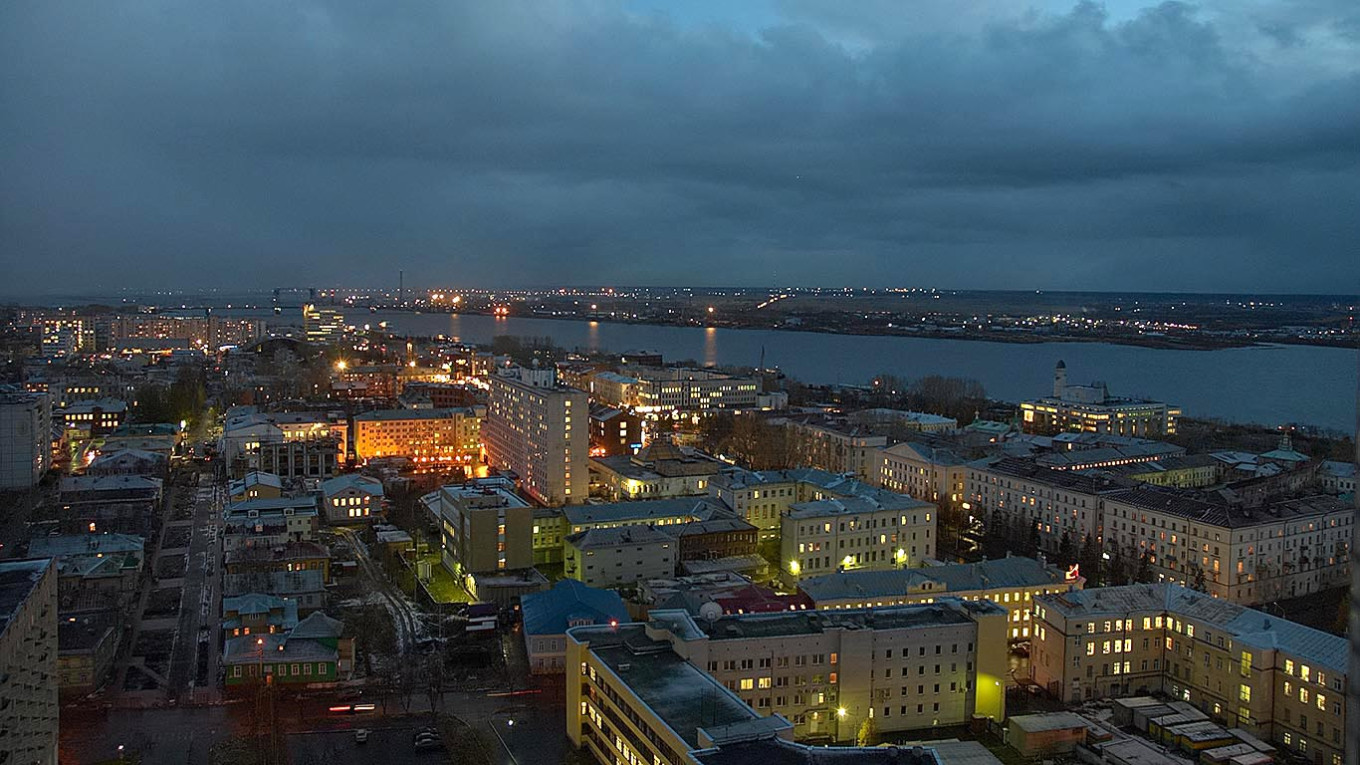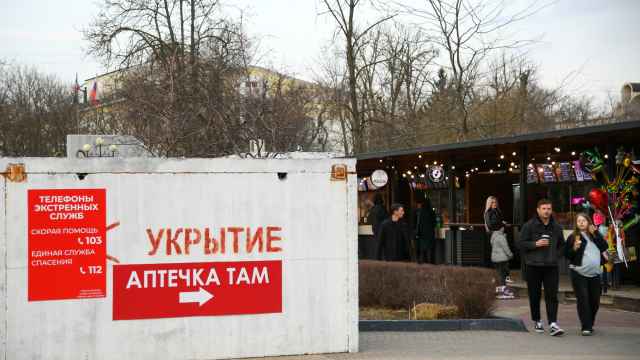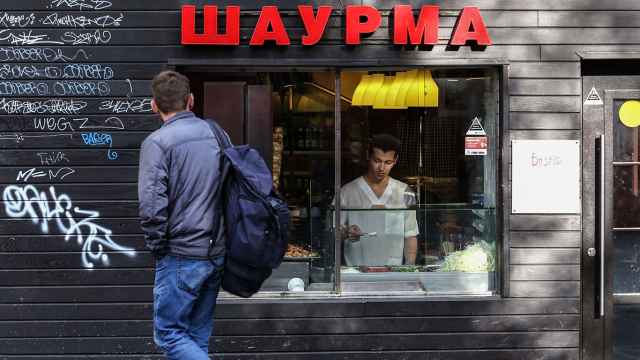Russia’s regions are facing a looming fiscal crisis as falling tax revenues and mounting expenses have forced local governments to exhaust nearly all their financial reserves, according to data reviewed by the Expert RA ratings agency.
At least six regions had just two to three day’s worth of spending left in their bank accounts as of Sept. 1.
The Arkhangelsk region, home to about 1 million people, had 50 million rubles ($620,000) in reserve, or just 0.03% of its 156-billion-ruble ($1.93 billion) annual budget.
Kalmykia’s remaining 40 million rubles ($496,000) amounted to 0.1% of its yearly spending plan.
In the Volgograd region, reserves fell to 100 million rubles ($1.24 million), or 0.04% of its annual budget of 196 billion rubles ($2.43 billion).
The Belgorod region had just 200 million rubles ($2.48 million) left, or 0.1% of its 184-billion-ruble ($2.28 billion) budget.
The Ulyanovsk and Irkutsk regions had 500 million ($6.2 million) and 900 million rubles ($11.16 million) remaining, respectively — enough to cover only one to two days of expenses.
Murmansk’s reserves also fell below 1 billion rubles ($12.4 million), or 0.7% of its annual budget, enough for about two days of spending.
Larger regions such as Novosibirsk, Tula and Yaroslavl could cover roughly five days of spending, with 5.2 billion ($64.48 million), 2.3 billion ($28.52 million) and 2.1 billion rubles ($26.04 million) left on their accounts.
Regional budgets collectively ran a deficit of 397.8 billion rubles ($4.93 billion) in the first half of 2025, a figure that ballooned to 724.8 billion ($8.99 billion) by the end of September.
One in three regions saw nominal revenue declines, while inflation-adjusted income fell in 53 of Russia’s 89 federal subjects (including annexed Crimea and the four partially occupied Ukrainian regions).
A total of 67 regions ended the first half of the year in the red.
The worst deficits were recorded in the Kemerovo (34% of revenues), Arkhangelsk (31%), Komi (30%), Murmansk (28%), Vologda (25%) and Irkutsk (24.6%) regions, according to economist Natalia Zubarevich.
The Irkutsk region has already begun cutting spending, announcing a 4.9-billion-ruble ($60.76 million) reduction in education and healthcare budgets in September.
Teachers have faced pay cuts in 12 regions, while local authorities in Yaroslavl, Ulyanovsk and Dagestan are considering tax hikes on small businesses to offset deficits.
Lawmakers in the Orenburg, Novosibirsk and Krasnoyarsk regions have introduced bills to raise vehicle taxes.
“The situation with regional budgets is serious and will only worsen by year’s end,” Zubarevich said, warning that December’s surge in payments for government contracts will deepen the shortfall.
The Finance Ministry estimates that regional spending will exceed revenues by 370 billion rubles ($4.59 billion) in December and by another 300 billion ($3.72 billion) next year.
A Message from The Moscow Times:
Dear readers,
We are facing unprecedented challenges. Russia's Prosecutor General's Office has designated The Moscow Times as an "undesirable" organization, criminalizing our work and putting our staff at risk of prosecution. This follows our earlier unjust labeling as a "foreign agent."
These actions are direct attempts to silence independent journalism in Russia. The authorities claim our work "discredits the decisions of the Russian leadership." We see things differently: we strive to provide accurate, unbiased reporting on Russia.
We, the journalists of The Moscow Times, refuse to be silenced. But to continue our work, we need your help.
Your support, no matter how small, makes a world of difference. If you can, please support us monthly starting from just $2. It's quick to set up, and every contribution makes a significant impact.
By supporting The Moscow Times, you're defending open, independent journalism in the face of repression. Thank you for standing with us.
Remind me later.






